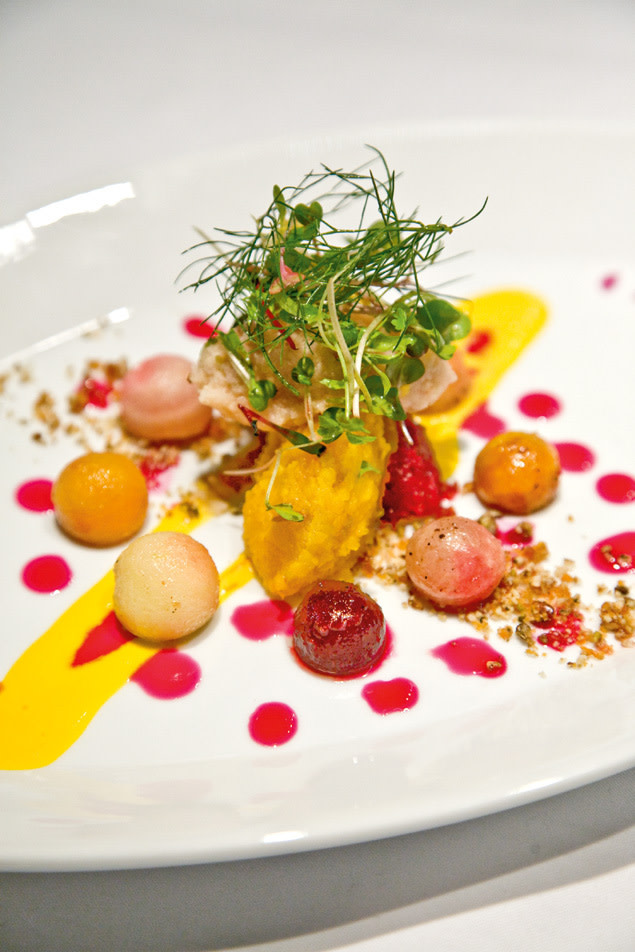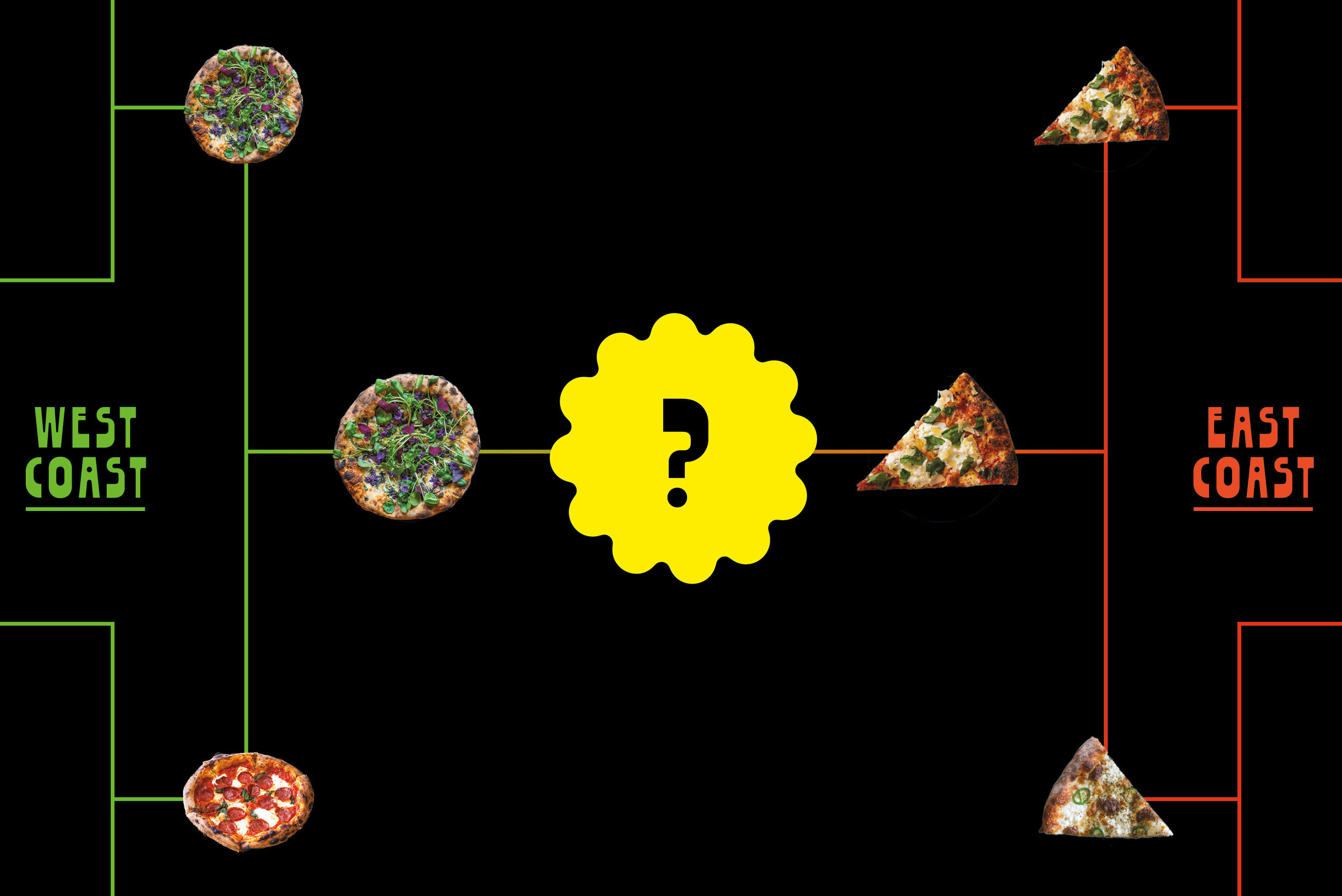Worth Its Salt?

LET’S GET ONE THING straight: A restaurant with a French name that includes the word “salt” should know how to salt its food—all of it. When it doesn’t, you begin to worry that your tastebuds have taken to playing tricks with your head, especially when everyone you know has sung the restaurant’s praises.
Each time I’ve dined at the tiny restaurant Sel Gris (which translates to “gray salt” in French and is also a salt that’s harvested in Brittany), located on SE Hawthorne Blvd in the gussied-up former home of Ken’s Place, over half of the dishes I’ve ordered have lacked the proper amount of salt. Take, for instance, a dish of braised Carlton Farms pork cheeks, flageolet beans and a scallion salad, referred to as “pork and beans” on the menu. An entrée by the same clever name has occasionally graced the menu at Park Kitchen in the Pearl for years, and there it combines the simple flavors of pork belly and fava beans in a pool of delightfully bright and piquant tomato essence that pulls the otherwise one-dimensional, albeit rich, elements together. But the version at Sel Gris, which employs a fairly bland meaty jus, falls slightly short of that high standard—despite the soft, velvety quality of the meat, which nearly melted at the touch of my fork. Not only does the dish lack the complexity that a dash of acidity would provide, but it also lacks salt, which would lend it dimension.
It’s puzzling that Sel Gris would suffer from a problem as fundamental as this. Certainly, chef Daniel Mondok, who previously ran the kitchen at the ever-popular Carlyle and then did a brief stint at Olea, has superb technique and a creative culinary mind to boot. And the menu does offer an intriguing set of choices, such as halibut “mac and cheese,” a lovely piece of butter-basted halibut laid over the top of Israeli couscous (large, chewy, pastalike grains made with semolina and wheat flour) that’s been cooked with nutty, bright orange mimolette cheese; or ris de veau (sweetbreads) served with an egg yolk suspended in pancake batter (like a savory version of aebleskivers from Denmark) and topped with a bacon-maple sauce. Unfortunately, these dishes had their own (albeit subtle) problems on the occasions I visited, lack of proper seasoning being the least of them. The inordinate amount of cheese that laced the Israeli couscous overpowered the halibut’s creamy texture; with the ris de veau, the intense sweetness of the maple sauce threatened to cancel out the otherwise sublimely prepared sweetbreads. Additionally, a special entrée of roasted poussin, which was served with puffy cantal-cheese gnocchi, was drizzled with an orange-coriander glaze so sweet I could barely eat it.
While subtle imbalance was a theme in many of the menu items, other dishes shone. Mussels “billi-bi,” a traditional French mussel soup, offered luscious saffron-scented, creamy broth and large, plump mussels, the pure flavors of which I found deeply satisfying. A Caesar salad consisted of crunchy and cold escarole instead of the usual romaine, and tender, pickled white anchovies were rolled up and propped on the side of the dish. And it’s good to know that there’s a place in town that serves a hanger steak I can count on—Sel Gris’s rendition is cooked to a perfect medium-rare and salted just right.
While you’re waiting for your check or the dessert menu—which is one of the better in town—servers can seem a little slow at times, and if you’re sitting by the door you’ll be greeted by a cold blast of air in winter every time it opens, but generally, the atmosphere is convivial and warm. And the somewhat industrial dining room provides the kind of understated, casual glamour with which Portland diners are so smitten—complete with a conservative, masculine aesthetic. Thanks to the restaurant’s popularity, the chatter quotient can be high, but its designers managed to keep the noise levels down—no minor feat in such a small space.
A local cooking instructor and chef once told me that when you season a dish, you must do it slowly, tasting it with each pinch you add. He said that as you added the salt you could “see” the dish move into multiple dimensions. At Sel Gris, I sense the dimensions of chef Mondok’s creative Mediterranean and French food are all hovering in the wings, waiting to be made visible. And I have little doubt that Mondok is capable of such transformation—especially if all it requires is just a smidge more salt.




